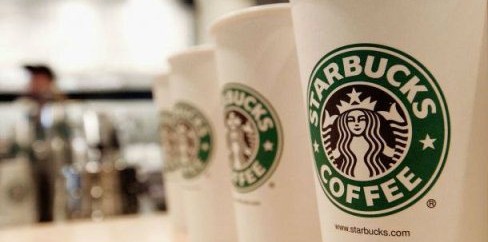Has Starbucks’ Tax Offer Saved its Brand?

After weeks of bad PR for Starbucks, the global coffee chain has bowed to pressure from its customers and offered to pay more Corporation Tax in the UK.
The row blew up when it emerged that Starbucks has paid no Corporation Tax for the past three years thanks to complex tax arrangements which mean that its UK business makes a loss on paper despite an annual income of £398m last year.
So what brought about this sudden change of heart? What made Starbucks MD Kris Engskov announce yesterday, out of the blue, that his firm would voluntarily pay £20m in Corporation Tax over the next two years? Was it the grilling he got from MPs in November? Was it a ticking off from HMRC? No: it was discontent from thousands of Starbucks customers and the growing threat of a boycott.
After such widespread negative coverage Starbucks had to do something – especially in the light of the Chancellor’s Autumn Statement this week which reminded everyone how strapped the country is and how long austerity is going to last.
Engskov should have seen the writing on the wall when his Chairman Howard Schultz took to the Internet in October to defend Starbucks’ tax arrangements. Hundreds of irate customers attacked the coffee chain via the Starbucks message board and many expressed their intention never to drink Starbucks coffee again.
Two months later the storm of protest has yet to die down, which is why Engskov made the unprecedented step yesterday of offering a £20m tax gift to HMRC. If he hoped to placate MPs and public opinion the jury is still out: today one tax expert said the offer “made a mockery” of the tax system, while Chris Morgan, Head of Tax Policy at KPMG, called the decision “extraordinary” and claimed HMRC might be nervous about big companies deciding their own levels of tax.
Meanwhile campaign group UK Uncut, which is encouraging direct action against the chain, called for continued protests in Starbucks stores across the country this weekend.
So how does Starbucks look now? The company did the right thing by attempting to seize the initiative and appease public opinion with a voluntary tax donation, but some see the attempt as a naked bribe to protect the Starbucks brand while others fear it’s the thin end of a very thick wedge which could lead to other multinationals effectively deciding their own level of tax.
The brand was further damaged this week when UK media ran stories about Starbucks cutting paid lunch breaks, sick leave and maternity benefits for thousands of British workers.
From a PR point of view Starbucks is still a brand in trouble while Google and Amazon – whose tax arrangements have also been criticised – are smelling of roses in comparison. Perhaps the point is that Starbucks customers might switch to another coffee company, but the chances of millions of people boycotting Google or Amazon in the run-up to Christmas are slim indeed. JA









